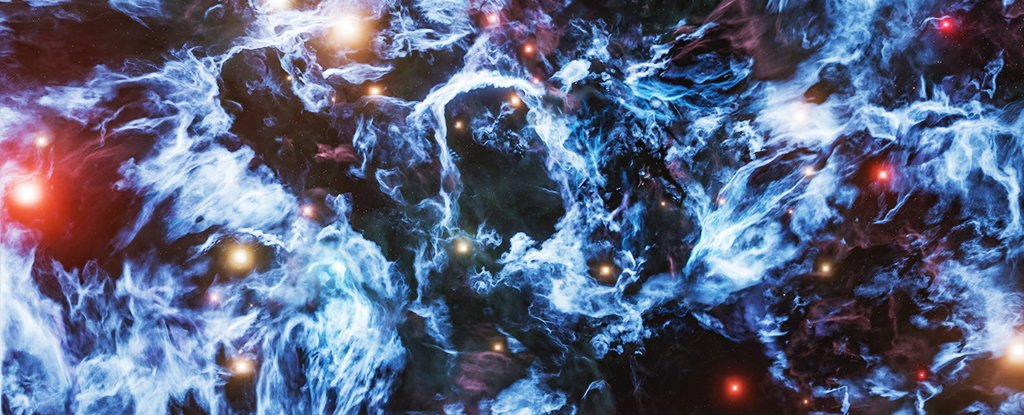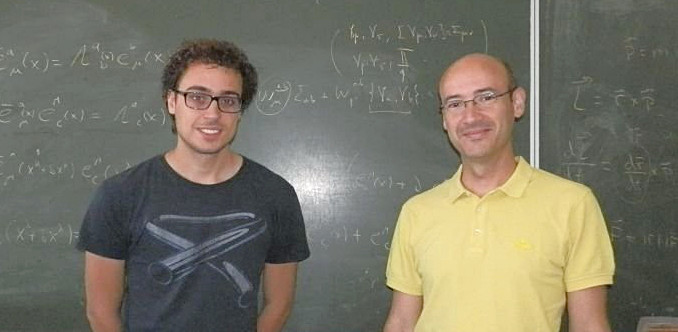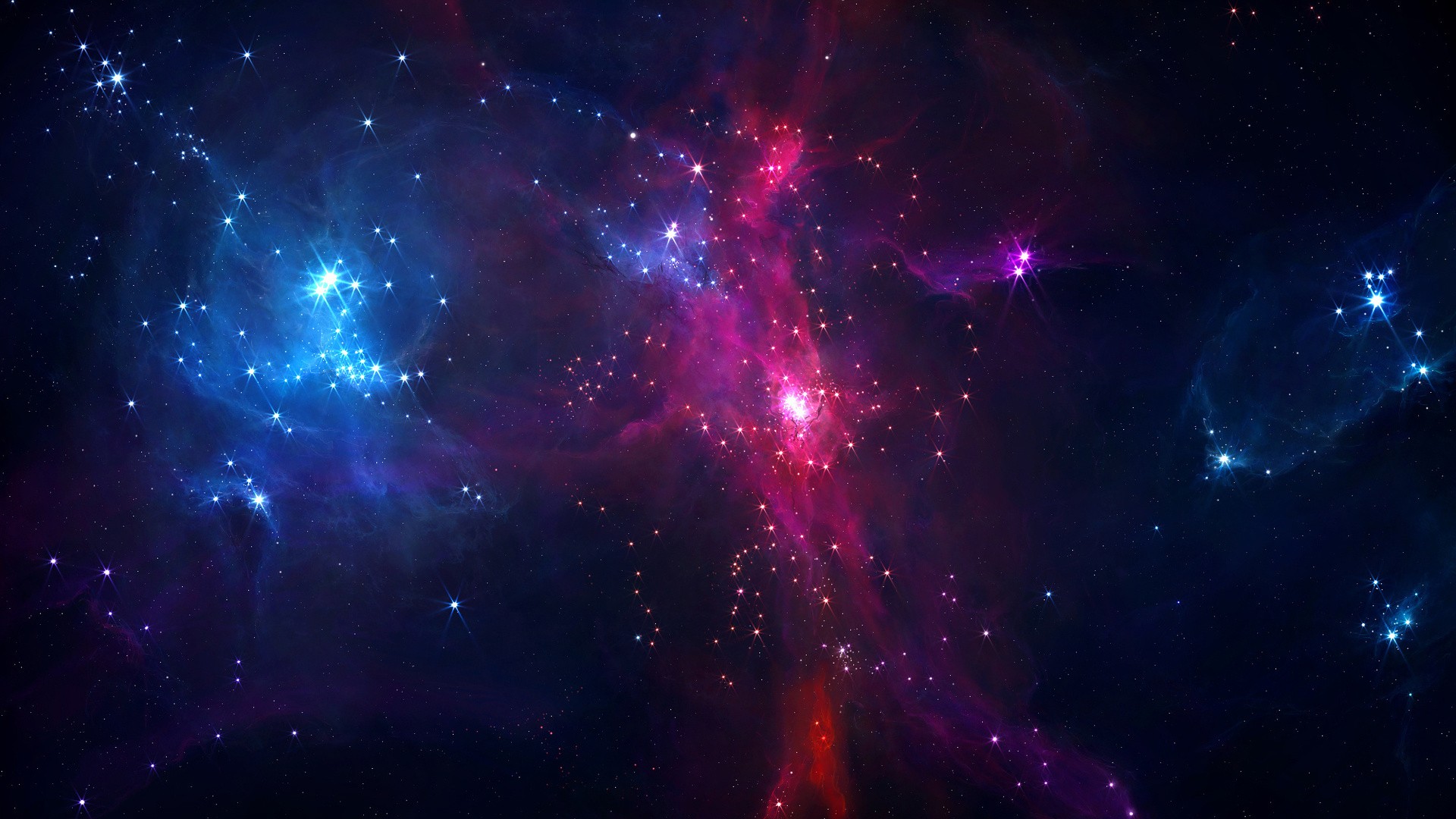
A team of researchers has just found that the predicted curvature of space-time calculated using relativity does not always quite match up to what we observe

Using data from the Dark Energy Spectroscopic Instrument (DESI), astronomers have completed the most precise gravity test ever taken.

A new study suggests that gravity becomes about 1% weaker at very large scales. If gravity behaved according to Einstein's theory, then this 1% difference shouldn't exist.

The “Einstein cross” pattern comprises four images of a distant supernova created by the gravitational lensing of its light as it passed a distant galaxy within a cluster of galaxies on its way to Earth.

Scientists have for the first time observed the early universe running in extreme slow motion, unlocking one of the mysteries of Einstein's expanding universe.

Observations have for the first time clearly revealed the effects of Einstein's general relativity on the motion of a star passing through the extreme gravitational field very close to the supermassive black hole.

A team of scientists used 20 years of data from several telescopes to watch how three stars orbited the center of our own Milky Way Galaxy, Sagittarius A*. They’ve created a general relativity theory test.

The new model shows a naked singularity can yield what's called anti-de Sitter space, a curved, saddle-shaped space.

Romanieo Golphin, Jr. may only be 7, but there are already whispers that he could be the Albert Einstein of his generation.

A team from the Netherlands has tested the new theory of theoretical physicist Erik Verlinde for the first time through the lensing effect of gravity.

More than 100,000 people participated in the BIG Bell Test, a global experiment to test the laws of quantum physics.

A recent study by researchers at the Institute of Corpuscular Physics in Valencia suggests that matter might in fact survive its foray into these space objects and come out the other side.

Signal was produced by two black holes colliding 1.4 billion light years away.

The genius of Albert Einstein lead us to gravitational waves - maybe someday another genius will work out how to make them, says Dr Karl.

Scientists in the U.K. share a five-dimensional black hole simulation model that could ‘break’ the general relativity of Albert Einstein, the very foundation of modern physics.